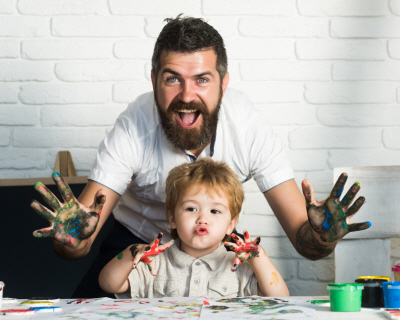
Group Therapy
Learning new ways of relating to others is helpful to children and adults. Group therapy can provide all the benefits of an individual therapy session, plus more.
Not many people even consider group therapy when they go to see a therapist, often because they don’t want to tell other people their problems. But group therapy is the perfect format to learn that you are not alone, and you can get support.
Therapy for Depression and Anxiety
 I have led creative coping skills group therapy for depression and anxiety with adults.
I have led creative coping skills group therapy for depression and anxiety with adults.
This group is based on learning about coping skills for anxiety or depression, but also supplies support among members for the challenges and successes in dealing with these symptoms.
Each group will have a time of sharing our struggles, education on the best-known ways to cope with life’s struggles, structured discussion or activities, and time for discussion.
A minimum commitment of 6 sessions is requested.
 Social Anxiety Group for Teens
Social Anxiety Group for Teens
Does your teen struggle with interacting with others?
In this group, teens are learning to connect with others, cope with anxiety, and break through their fears to step out and get started in life.
We use expressive therapy, play and art therapy, and talk therapy to build social skills and self-esteem, as well as exposure therapy to challenge their fears and move forward.
Art and Recreational Therapy
I have been creating and leading art and recreational therapy group therapy with children and adolescents for over 20 years.
 Art therapy utilizes art as a means of personal expression to communicate feelings and thoughts for use in therapy. Rather than aiming at aesthetically pleasing end products, it is the process of making art that is so beneficial. Creating something is empowering, provides self-reflection and can be cathartic. Making art can be enjoyable and, in a group, shared pleasure.
Art therapy utilizes art as a means of personal expression to communicate feelings and thoughts for use in therapy. Rather than aiming at aesthetically pleasing end products, it is the process of making art that is so beneficial. Creating something is empowering, provides self-reflection and can be cathartic. Making art can be enjoyable and, in a group, shared pleasure.
In art therapy groups, part of each session is devoted to creating an art form with a self-disclosive theme, followed by describing their work and their experience with peers and responding to each other’s work.
